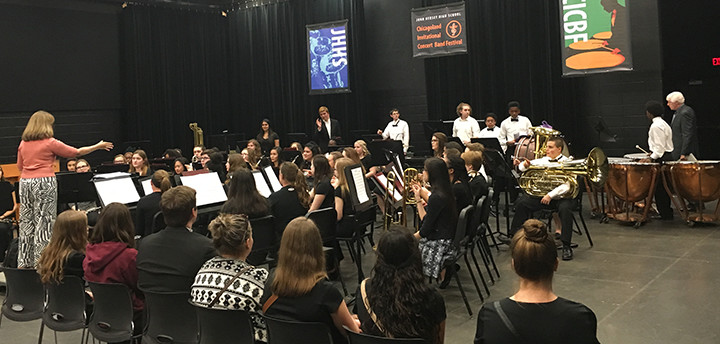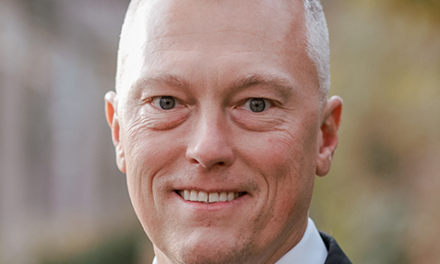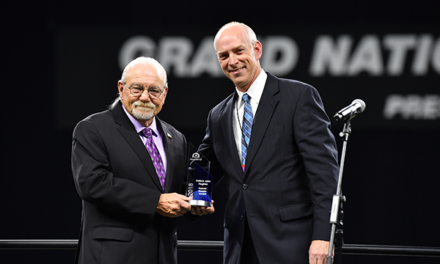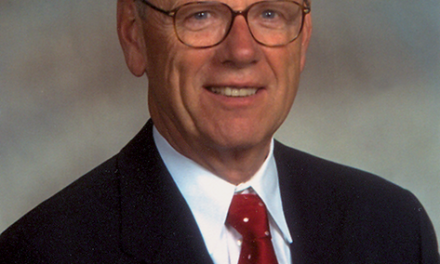
By James Stephens
Director of Education and Advocacy, Music for All
Often, when we hear discussion pertaining to the current state of scholastic music education, it is drenched in tones of doom and gloom. Certainly, the profession is experiencing no shortage of obstacles ranging from budget cuts to scheduling constraints. However, as of late, it has been my observation that where determination and dedication to arts education remain steadfast, instrumental music educators have afforded their students the most rewarding of performance experiences.
My recent travels, as well as positive reports from colleagues, have opened my eyes to some truly musical and well-rehearsed concert band and orchestra programs. During the months of March and April, Music for All had the privilege to present seven Regional Concert Band Festivals at a variety of locations across the country. The results have showcased some amazing teaching, wonderful musicianship, and high quality literature all present in our nation’s music classrooms.
“Music education is under a currently under a microscope. Many people are challenging the large ensemble concept of teaching students music,” said Dr. Kevin Sedatole, director of bands at Michigan State University. As a frequent evaluator and clinician of the Music for All Festivals, Dr. Sedatole says, “The MFA Festivals, both national and regional, are a great example of thriving music education in the United States. I believe that the style of these MFA events, being non-competitive and more focused on music, gives great strength to the large ensemble concept of music education. As long as we keep the teaching of music as an art form at the forefront, the large ensemble format will continue to thrive.”
Dr. Paula Crider, professor emerita at University of Texas Austin, having also served as a Music for All evaluator and clinician, says, “Music is essential to the human spirit. We must become more articulate spokespersons for the art of making music, so that music programs are not the first to be cut from schools. The entire spirit of the Music for All Festivals is one of shared joy in music-making and a sincere interest on the part of the conductors and musicians to learn from the experience.”
Not only do these young musicians have the opportunity to perform for an appreciative audience, the post-performance clinic experience has become the “icing on the cake.” I have been fortunate enough to observe some of these clinics, delivered by the likes of Richard Floyd, retired Director of Music at University of Texas Austin. Many times the ensemble has just given the performance of a lifetime, and it is through the clinic experience—working with clinicians at the highest level of music education–that these students are able to reflect on the power of live performance, as well as the importance of the entire ensemble in creating a successful performance. It is incredibly rewarding to witness that magical synergy that these young musicians experience while a skilled clinician offers some final touches.
“My message to high school directors is and will continue to be that the performance of music by ensembles is not about winning but about sharing the musical experience,” says Sedatole. “These festivals offer a unique experience that celebrates music and musicianship. The opportunity to work with high-level conductors from high school, college, and professional ranks is very special.”
These festivals have become a wonderful validation of the importance of music education, as well as a celebration of excellence in performance for students and their teachers.
In 2017, Music for All will expand the Regional Concert Band Festivals to ten locations including Russellville, Arkansas; Fresno, California; Atlanta, Georgia; Arlington Heights, Illinois; Lafayette, Louisiana; St. Louis, Missouri; Roxbury, New Jersey; Cincinnati, Ohio; Salt Lake City, Utah; Vancouver, Washington. Click here for more information on the Affiliate Music for All Regional Concert Festivals.



